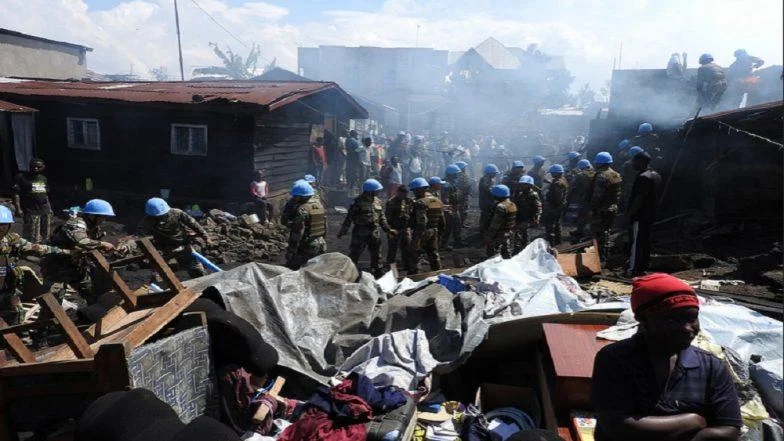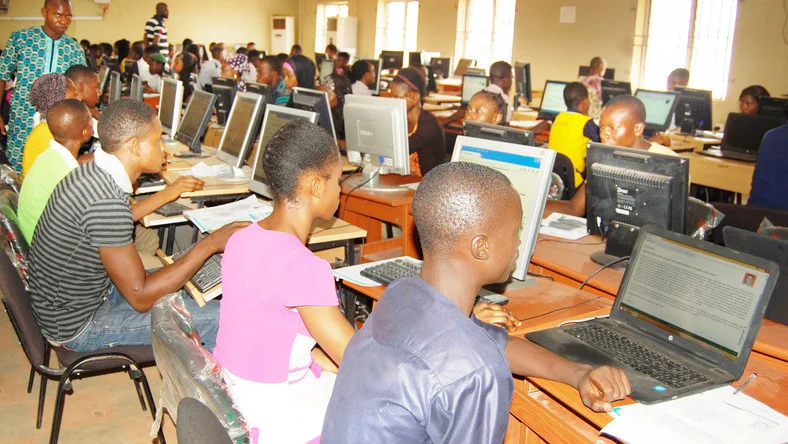More than 500 Banunu killed in attacks by rival ethnic group in DR Congo: U.N. investigation
GENEVA (Reuters) - More than 500 men, women and children from the Democratic Republic of Congo’s Banunu community were killed in attacks by Batende villagers in December, some beheaded and many slain as they tried to flee across a river, U.N. investigators said on Tuesday.
The victims included a two-year-old baby thrown into a septic tank. Others were burnt alive, the investigators said.
More than 19,000 people were displaced, most fleeing into the Republic of Congo. Almost 1,000 buildings, including churches, schools and health centers, were destroyed or looted.
The violence was triggered by a dispute over the burial of a Banunu chief, the U.N. investigators said.
The details were given in a report by a special U.N. investigative mission which said the violence may amount to crimes against humanity.
The attacks took place two weeks before a national election. A local activist said at the time that Batende leaders supported Congo’s ruling coalition while Banunu leaders backed opposition candidates, but the investigators established no clear link.
The violence was spread over three days in four villages in Yumbi territory in the west of the country.
Batende villagers attacked with extreme violence and speed in a planned action, decapitating and maiming people who had little time to escape, the investigators said.
The United Nations said in January there were credible reports of at least 890 deaths in the violence. The new report verified 530 Banunu men, women and children dead and just five Batende.
“In some cases, witnesses report that victims were asked if they were Banunu, before they were killed. Many were killed as they tried to cross the Congo River. Others were burnt alive in their homes,” a U.N. statement said.
The violence could explode again at any time as there were areas where the two communities lived together, U.N. human rights spokeswoman Ravina Shamdasani said.
The violence was facilitated by the failure of Congolese provincial authorities to intervene, the report said.
Police had left before the attacks took place, despite indications of rising tension. But there was no evidence of complicity, Shamdasani said, although some police officers had taken part in the attacks in a personal capacity.
Congolese officials could not be reached for comment.
The investigators only managed to reach three out of the four locations and said casualty numbers were likely to be higher than the verified figure because bodies were believed to have been thrown into the Congo River.
Shamdasani said the electoral building was among those that had been burned down but no clear link had been established between the election and the attacks.




